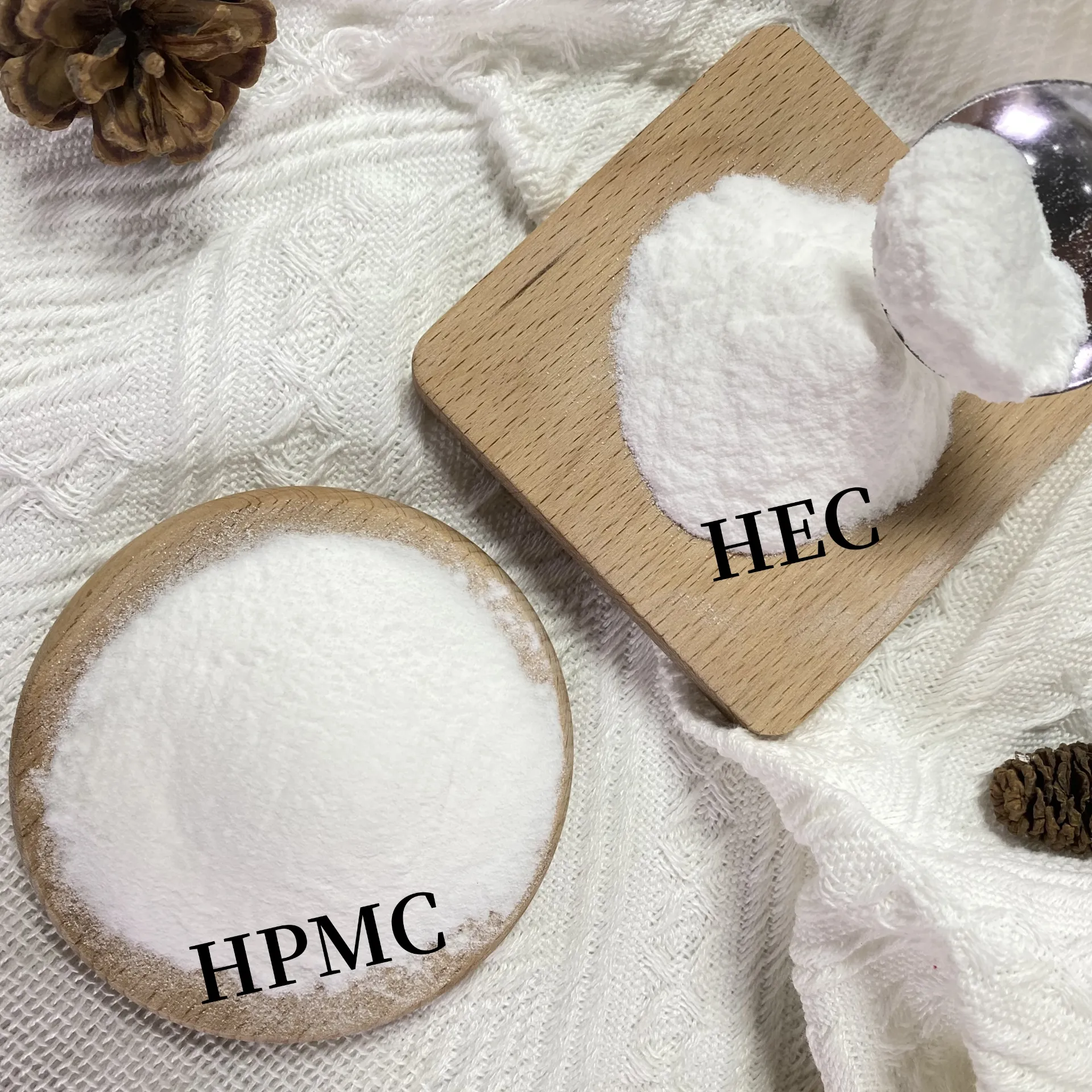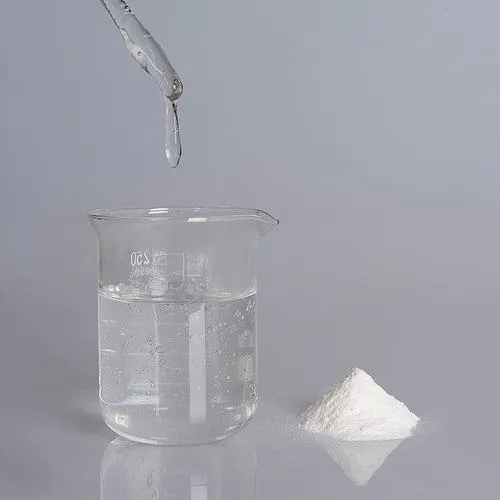Hebei Tangzhi Technology Co., Ltd.

solubility of polyvinyl alcohol in water
Feb . 19, 2025 00:56
Back to list
solubility of polyvinyl alcohol in water
The solubility of polyvinyl alcohol (PVA) in water plays a crucial role in various industries, influencing product performance and development profoundly. A versatile synthetic polymer, PVA's interaction with water profoundly affects its applications ranging from textiles to pharmaceuticals.
Industrial applications leverage the unique solubility attributes of PVA extensively. In the textile industry, PVA serves as an excellent sizing agent, enhancing fabric strength and weavability. Its water solubility allows for easy removal during the finishing process, ensuring high-quality outcomes without residual contamination. Additionally, PVA films, renowned for their biodegradability and non-toxic nature, are widely utilized in packaging, particularly in the formulation of water-soluble pods for detergents and agrochemicals, offering environmentally friendly solutions to traditional plastic waste. In the pharmaceutical realm, PVA's solubility facilitates drug delivery systems, particularly in creating controlled release formulations. Its ability to form hydrogels upon dissolution makes it an ideal candidate for encapsulating active compounds, ensuring a predictable release profile and enhancing bioavailability. The medical industry benefits from PVA’s versatility in wound care products, where its water-soluble properties contribute to absorbent and protective dressings that promote healing. Cross-linking agents are often employed to modify PVA’s solubility characteristics further, offering enhanced mechanical properties or reduced solubility for specialized applications such as in the production of surgical threads and contact lenses. This adaptability underscores PVA’s prominence as a functional material across industries, driving innovation through precise solubility management. In summary, the solubility of polyvinyl alcohol in water is a cornerstone for its application in diverse fields. Through meticulous control of molecular structure, temperature, and pH, industries can harness PVA's unique solubility characteristics to create innovative and sustainable solutions. As ongoing research continues to expand the understanding of PVA's solubility dynamics, its role in future technological advancements remains promising, underscoring its importance as a versatile and indispensable material.


Industrial applications leverage the unique solubility attributes of PVA extensively. In the textile industry, PVA serves as an excellent sizing agent, enhancing fabric strength and weavability. Its water solubility allows for easy removal during the finishing process, ensuring high-quality outcomes without residual contamination. Additionally, PVA films, renowned for their biodegradability and non-toxic nature, are widely utilized in packaging, particularly in the formulation of water-soluble pods for detergents and agrochemicals, offering environmentally friendly solutions to traditional plastic waste. In the pharmaceutical realm, PVA's solubility facilitates drug delivery systems, particularly in creating controlled release formulations. Its ability to form hydrogels upon dissolution makes it an ideal candidate for encapsulating active compounds, ensuring a predictable release profile and enhancing bioavailability. The medical industry benefits from PVA’s versatility in wound care products, where its water-soluble properties contribute to absorbent and protective dressings that promote healing. Cross-linking agents are often employed to modify PVA’s solubility characteristics further, offering enhanced mechanical properties or reduced solubility for specialized applications such as in the production of surgical threads and contact lenses. This adaptability underscores PVA’s prominence as a functional material across industries, driving innovation through precise solubility management. In summary, the solubility of polyvinyl alcohol in water is a cornerstone for its application in diverse fields. Through meticulous control of molecular structure, temperature, and pH, industries can harness PVA's unique solubility characteristics to create innovative and sustainable solutions. As ongoing research continues to expand the understanding of PVA's solubility dynamics, its role in future technological advancements remains promising, underscoring its importance as a versatile and indispensable material.
Prev:
Latest news
-
Hydroxyethyl Cellulose for Paint: Optimal Thickening & Flow ControlNewsAug.26,2025
-
Concrete Water Reducer | High-Performance PCE SuperplasticizerNewsAug.19,2025
-
Hydroxyethyl Cellulose for Paint: Enhance Viscosity & StabilityNewsAug.18,2025
-
HPMCAS | Hydroxypropyl Methylcellulose Acetate Succinate Enteric GradeNewsAug.17,2025
-
Premium Polyvinyl Alcohol (PVA) for Cement & AdhesivesNewsAug.16,2025
-
CCMC-Na: High-Performance Thickener & StabilizerNewsAug.15,2025





















